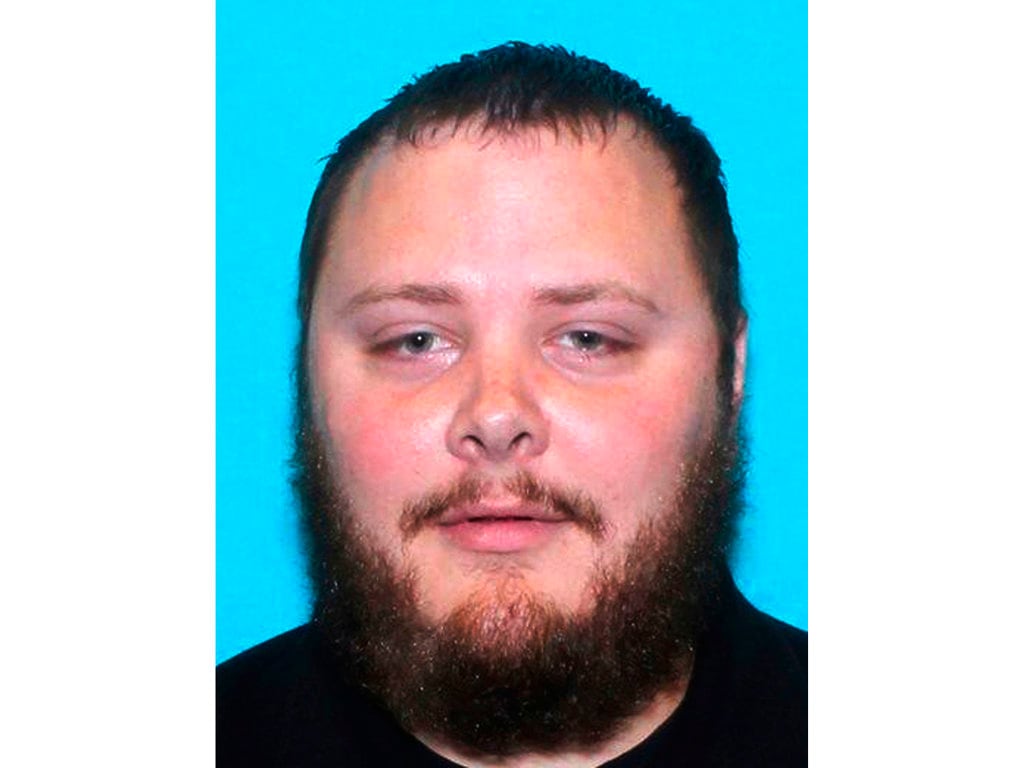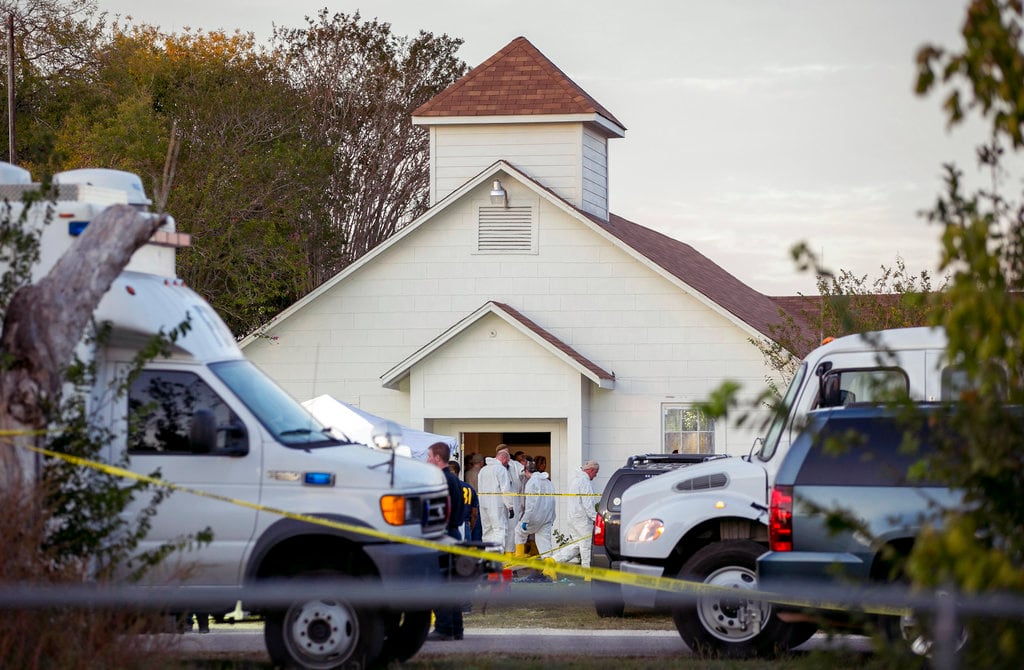SAN ANTONIO — The U.S. Justice Department and survivors of a 2017 Texas church massacre are at odds over how much the Air Force should pay in compensation for failing to flag a conviction that might have prevented the gunman from legally buying the weapon used in the shooting.
During closing arguments Monday in a civil trial in federal court in San Antonio, the Justice Department said its proposal of $31.8 million was based on evidence presented during a monthlong trial on damages and on previous court cases, federal and Texas state law, and disbursements from a fund for victims of the 9/11 terrorist attacks.
Lawyers for the survivors and for relatives of those killed at First Baptist Church of Sutherland Springs are asking for $418 million, the San Antonio Express-News reported. Some of the plaintiffs’ lawyers called the government’s proposed payment for pain, suffering and mental anguish “ridiculous,” unjust and unfair.
Devin Patrick Kelley opened fire during a Sunday service there in November 2017, killing more than two dozen people. Kelley died of an apparent self-inflicted gunshot wound after he was shot and chased by two men who heard the gunfire at the church.
The civil trial to assess damages began in October. U.S. District Judge Xavier Rodriguez in July ruled that the Air Force was “60 percent liable” for the attack because it failed to submit Kelley’s assault conviction during his time in the Air Force to a national database.
RELATED

Rodriguez said Monday that he could not take unrelated settlements into account in determining a verdict in the Sutherland Springs case. He promised careful consideration of the evidence and said he would deliver a verdict “as soon as I can.”
The approximately 80 claimants include relatives of those killed as well as 21 survivors and their families. Authorities put the official death toll at 26 because one of the 25 people killed was pregnant.
In seeking compensation, many of the plaintiffs cited loss of companionship: the absence of parents who cannot attend weddings or graduations or be a presence in their lives.
“We’ve used the words shocking, horrific, inhumane to describe what’s happened to these families,” Jamal Alsaffar, an attorney for several of the plaintiffs, said in court. “But the same words can be used to describe what was filed by the government.”





